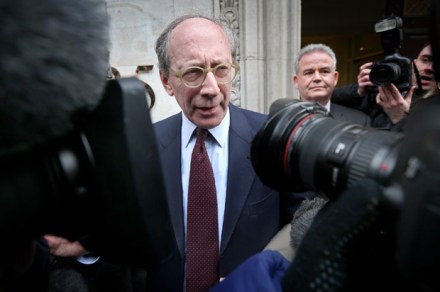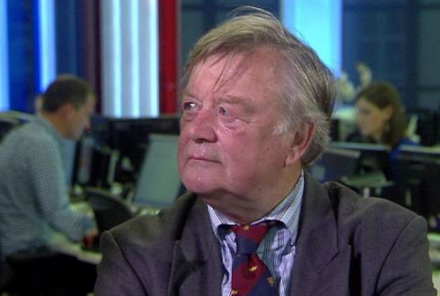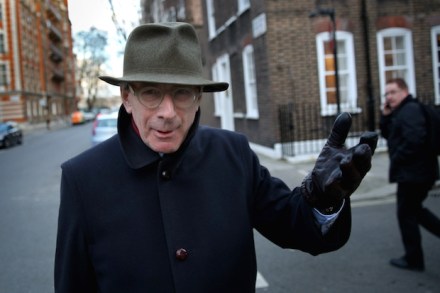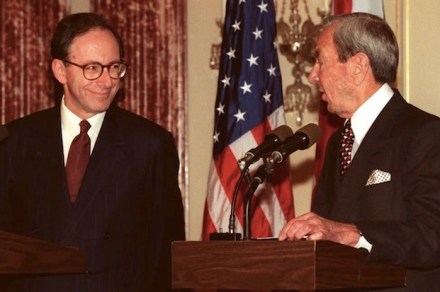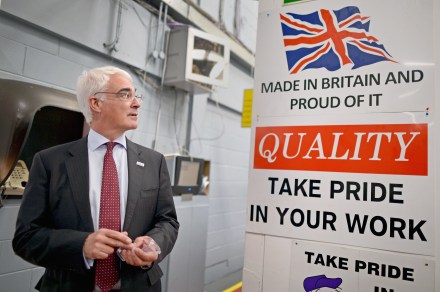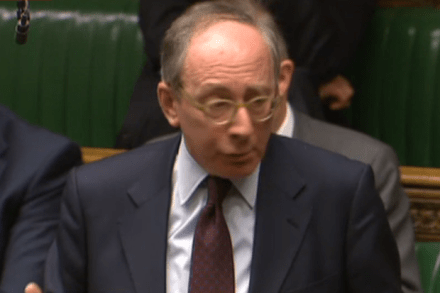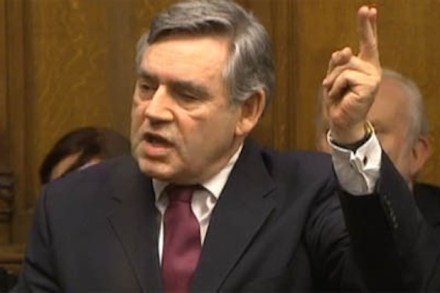Why we must not forget about Hong Kong
China’s decision to make its own ruling over the legislative council oath-taking controversy in Hong Kong is something that is of great concern to the United Kingdom. Beijing becoming involved in what has – until now – been purely a matter for Hong Kong is questionable and is far more likely to inflame matters than settle them. Now more than ever, the UK must take note of what is happening in the Special Administrative Region (SAR) and ensure that China upholds its side of the 1984 Sino-British Joint Declaration. The UK’s relationship with Hong Kong is one of the most important we have in Asia. The links with London date



